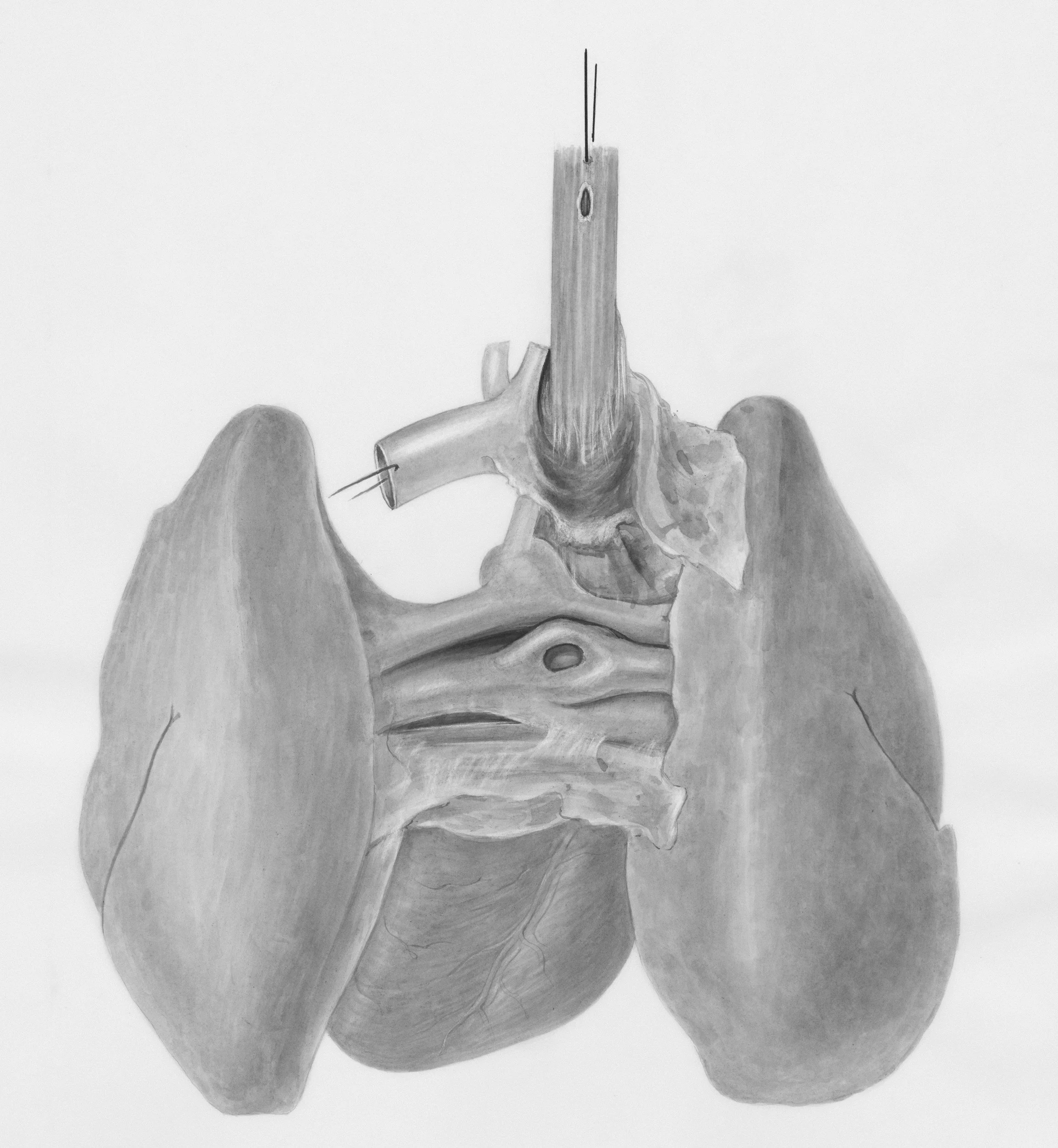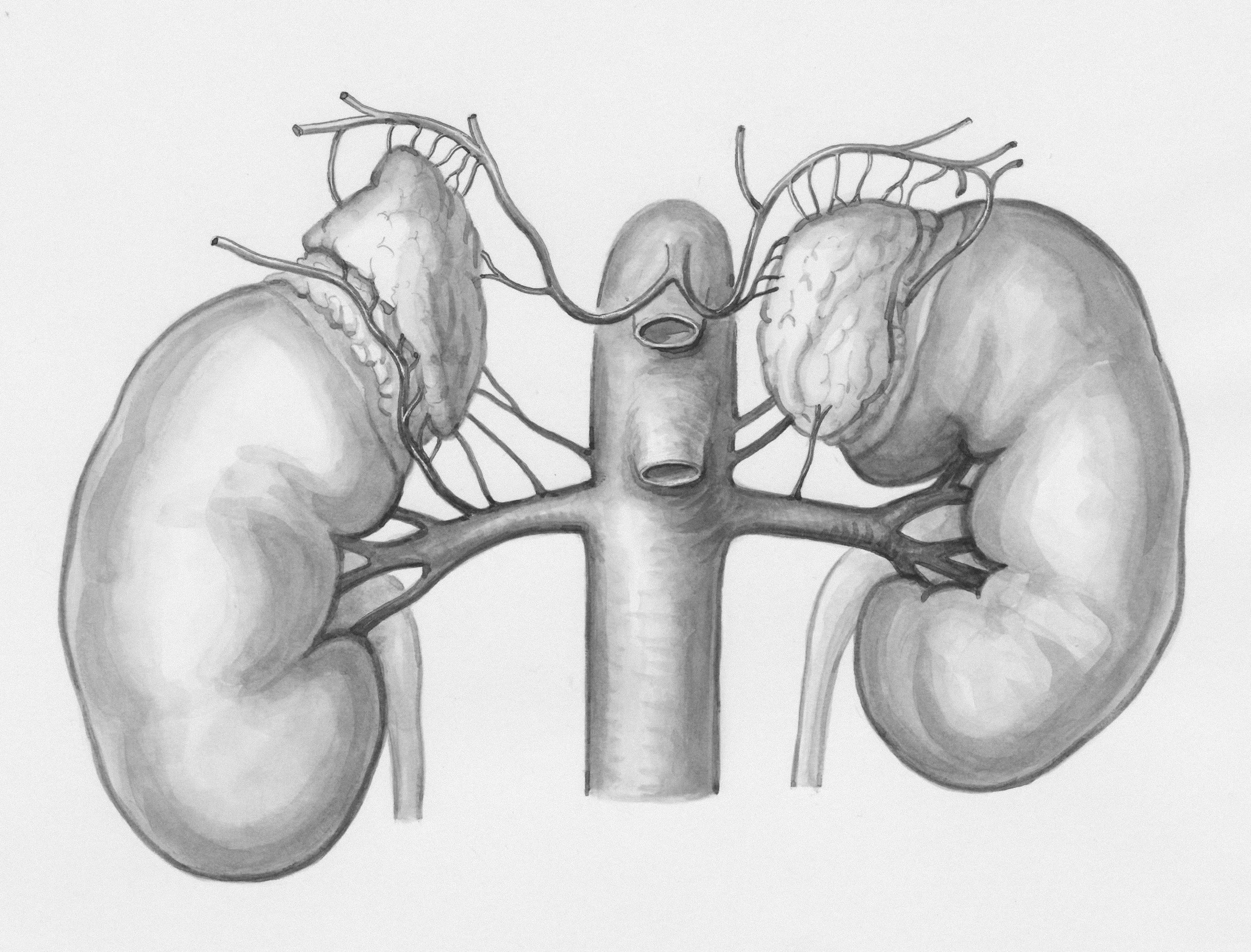Lung Health in Traditional Chinese Medicine
Breathing, Immunity, Skin & the Lung–Kidney Connection
In Traditional Chinese Medicine (TCM), the Lungs are far more than organs of respiration. They govern breathing, immune defense, skin health, and the body’s relationship with the external environment.
When Lung Qi is strong, breathing is full, immunity is resilient, and the skin is healthy. When Lung Qi is weak or imbalanced, symptoms often show up as respiratory issues, allergies, frequent illness, or chronic fatigue.
What Is Lung Qi?
Lung Qi refers to the vital energy that powers respiration and immune defense. The Lungs are responsible for:
Drawing in fresh Qi from the air
Distributing Qi throughout the body
Regulating the skin and pores
Defending against external pathogens
In TCM, the skin is considered an extension of the Lungs. This is why chronic respiratory issues often coexist with skin conditions such as eczema, rashes, or dryness.
When Lung Qi is deficient or obstructed, common symptoms may include:
Shortness of breath
Chronic cough
Asthma or wheezing
Excess mucus or dryness
Allergies or frequent infections
Fatigue and weak immunity
The Lungs: First Line of Defense
The Lungs govern Wei Qi, the body’s protective energy—similar to immune function in Western medicine. Wei Qi circulates at the surface of the body, defending against viruses, bacteria, allergens, and environmental stressors.
When Lung Qi is weak:
The body becomes more susceptible to colds and flu
Recovery takes longer
Allergies and sinus congestion become chronic
Acupuncture, herbal medicine, and diet work together to strengthen Lung Qi and restore immune resilience.
Common Lung Patterns in TCM
1. Lung Qi Deficiency
Causes: Prolonged illness, weak constitution, grief, poor posture, chronic overwork
Symptoms:
Weak voice or reluctance to speak
Shortness of breath
Spontaneous sweating
Fatigue and pale complexion
Frequent colds
2. Lung Yin Deficiency
Causes: Chronic illness, smoking, dehydration, dry environments, excess heat
Symptoms:
Dry cough with little or no sputum
Dry throat, skin, and mouth
Hoarseness or voice loss
Night sweats or low-grade fever
3. Wind-Cold Invading the Lungs
Causes: Exposure to cold, drafts, seasonal changes
Symptoms:
Chills more than fever
Cough with clear or white sputum
Runny nose, sneezing
Body aches
4. Wind-Heat Invading the Lungs
Causes: Exposure to heat, seasonal pathogens
Symptoms:
Fever more than chills
Sore throat
Yellow nasal discharge
Cough with yellow sputum
Thirst
5. Lung Dryness
Causes: Autumn dryness, arid climates, dehydration, smoking
Symptoms:
Dry cough
Dry skin and nasal passages
Hoarseness
6. Phlegm-Damp Obstructing the Lungs
Causes: Weak digestion, excess dairy or cold foods, sedentary lifestyle
Symptoms:
Copious white or sticky sputum
Chest congestion
Fatigue and poor appetite
7. Phlegm-Heat Obstructing the Lungs
Causes: Chronic infection, smoking, long-standing inflammation
Symptoms:
Thick yellow or green sputum
Wheezing
Fever and chest heat
8. Lung & Kidney Yin Deficiency
Causes: Aging, chronic illness, long-term stress, overwork
Symptoms:
Chronic dry cough or wheezing
Shortness of breath
Night sweats or hot flashes
Weak low back or knees
Heat in palms and soles
The Lung–Kidney Relationship in TCM
In TCM, the Lungs and Kidneys work together to regulate breathing.
The Lungs govern inhalation
The Kidneys grasp the Qi, anchoring the breath deep into the body
When Kidney energy is weak, the breath becomes shallow and labored. This is why chronic asthma, wheezing, or breathlessness often involve both Lung and Kidney deficiency—especially in aging, long-standing respiratory conditions, or after prolonged stress and illness.
Strengthening the Kidneys helps:
Improve oxygen exchange
Reduce chronic wheezing
Stabilize asthma
Improve endurance and vitality
How Acupuncture Helps Lung & Immune Conditions
Acupuncture works by regulating the nervous system, improving circulation, and restoring balance between organ systems.
For Lung conditions, acupuncture can:
Strengthen Lung Qi and Wei Qi
Reduce inflammation and mucus
Improve breathing capacity
Calm the nervous system (important in asthma and anxiety-related breathing issues)
Support immune function
Treatments are customized based on the pattern present and often include points that support both Lung and Kidney function.
Herbal Medicine for Lung Support
Herbal medicine works alongside acupuncture to provide continuous support between treatments.
Herbs and formulas may be used to:
Tonify Lung Qi
Moisten Lung Yin
Clear heat or resolve phlegm
Strengthen Kidney Yin for chronic respiratory conditions
Herbal formulas are individualized based on constitution, symptoms, and stage of illness.
Supporting Lung Health Holistically
In addition to acupuncture and herbs, lifestyle and diet play a key role:
Warm, cooked foods support Lung and Spleen function
Hydration with warm teas helps moisten Lung Yin
Avoid excessive dairy and processed foods if phlegm is present
Gentle breathing exercises and posture awareness support lung capacity
Emotional processing is important—grief and sadness directly affect Lung Qi
Ready to Support Your Lung Health?
If you’re experiencing chronic cough, asthma, allergies, frequent illness, or shortness of breath, acupuncture and herbal medicine can help restore balance and strengthen your immune system from the inside out.
Schedule a New Patient Visit today to begin supporting your lungs, immunity, and overall vitality.


